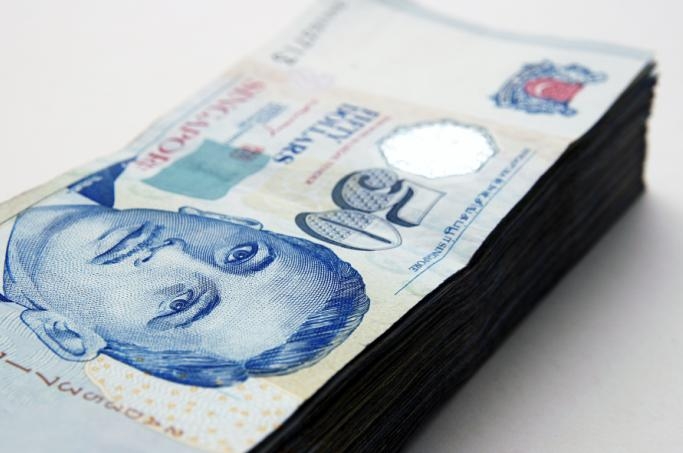
2013 to be 'friendlier' for currency markets
Plus Singapore dollar is known to do well in a cyclical recovery.
DBS Group Research noted:
The year 2013 is likely to be friendlier for currency markets compared to 2012. On the global economy, the US economy is likely to avert the fiscal cliff with growth grinding along at 2%. Eurozone is still in recession but some see light at the end of the long tunnel. Japan’s struggling economy is banking on a weaker yen to lift it out of its doldrums, as reflected by the rise of its stock market since mid-November.
Overall, the major economies will be slower this year, with the US dollar and the Japanese yen likely to stay weak as funding currencies.
Once again, Asia ex Japan is seen as the growth center of the world. China’s growth should rise above 8% again; our economist is expecting 9% for this year. Apart from shifting its economy more towards domestic demand, China will continue to internationalize the yuan.
Only this time, the focus will be more on increasing capital account convertibility, firstly via the direct investment channel. The central bank is likely to be watchful of inflation from excessively loose monetary policies in the advanced economies. Hence, the Chinese yuan can be expected to maintain its appreciation bias.
Amongst the managed floating exchange rates in emerging Asia, we prefer the export-led Asian NIE currencies over the more domestic driven Southeast Asian currencies. This is consistent with our view for growth in the Asian NIEs to reaccelerate and narrow their growth gap with their Southeast Asian peers. The Korean won, Singapore dollar and Taiwan dollar have been known to do well in a cyclical recovery. All can be expected to post new multi year highs.
As for Southeast Asia, optimism is reflected more in their stock markets than their exchange rates. Nonetheless, we do see the Philippine peso trading higher towards its 2008 high, and the Indonesian rupiah returning into its 9000-9500 range against the dollar.
In summary, we are looking for stronger Asia ex Japan currencies against both the US dollar and the Japanese yen.
























 Advertise
Advertise






